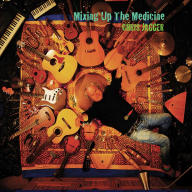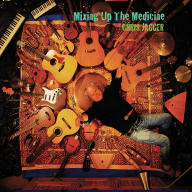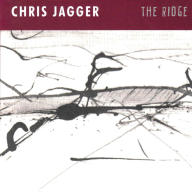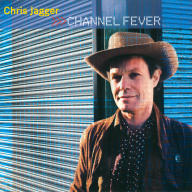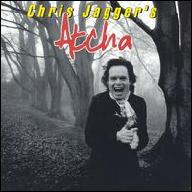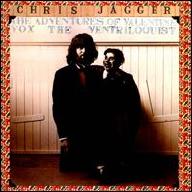Though Jagger began his recording career with a 1973 self-titled collection that mixed country, blues, and rock -- musical influences that shaped all of his musical projects -- after recording 1974's Adventures of Valentine Vox the Ventriloquest, he fell out with his collaborators. Soured on the music business, Jagger would not record again for almost 20 years. During this time, he pursued other interests, including theater; originally a drama student before following his big brother into music, he worked as a lighting tech at London's Rainbow Theatre in the '70s and was also part of the Living Theatre and Citizen's Theatre companies. A part in a production of Hair and in an unreleased Kenneth Anger film were also highlights of his dramatic career.
Fashion design also intrigued Jagger. During the late '60s and early '70s, he created showy ensembles for Brian Jones, Eric Clapton, John Lennon, and Jimi Hendrix; a jacket adorned with huge eyes that Jagger designed for the guitarist ended up on one of Hendrix's album covers. In the '80s, Jagger pursued journalism, writing about music and other issues for publications like Rolling Stone and The Guardian. Despite his other vocations, Jagger remained close to the music scene whether or not he was actively recording. He worked at the Rolling Stones' mobile studio and met many of the bands that recorded there, including the Faces. Jagger also contributed to the Rolling Stones' albums Dirty Work and Steel Wheels and worked with French songwriter Franck Langolff during the '80s.
However, he did not record his own works again until 1993, when he worked with the lineup that eventually became Atcha Acoustic. The other members of Jagger's group all brought deep experience in the rock and jazz scenes to the band, having connections as diverse as Charlie Byrd, Nick Lowe, B.B. King, and Ian Dury between them. Together, the group recorded 1994's Atcha and the critically acclaimed 1995 release Rock the Zydeco as Jagger solo albums, and From Lhasa to Lewisham, the group's first release as Atcha Acoustic, in 1997. The solo Channel Fever followed in the spring of 2000. Jagger continued to perform regularly throughout the 2000s and 2010s, releasing a new album every few years. Highlights from these were collected on the 2017 compilation All the Best. ~ Heather Phares, Rovi


